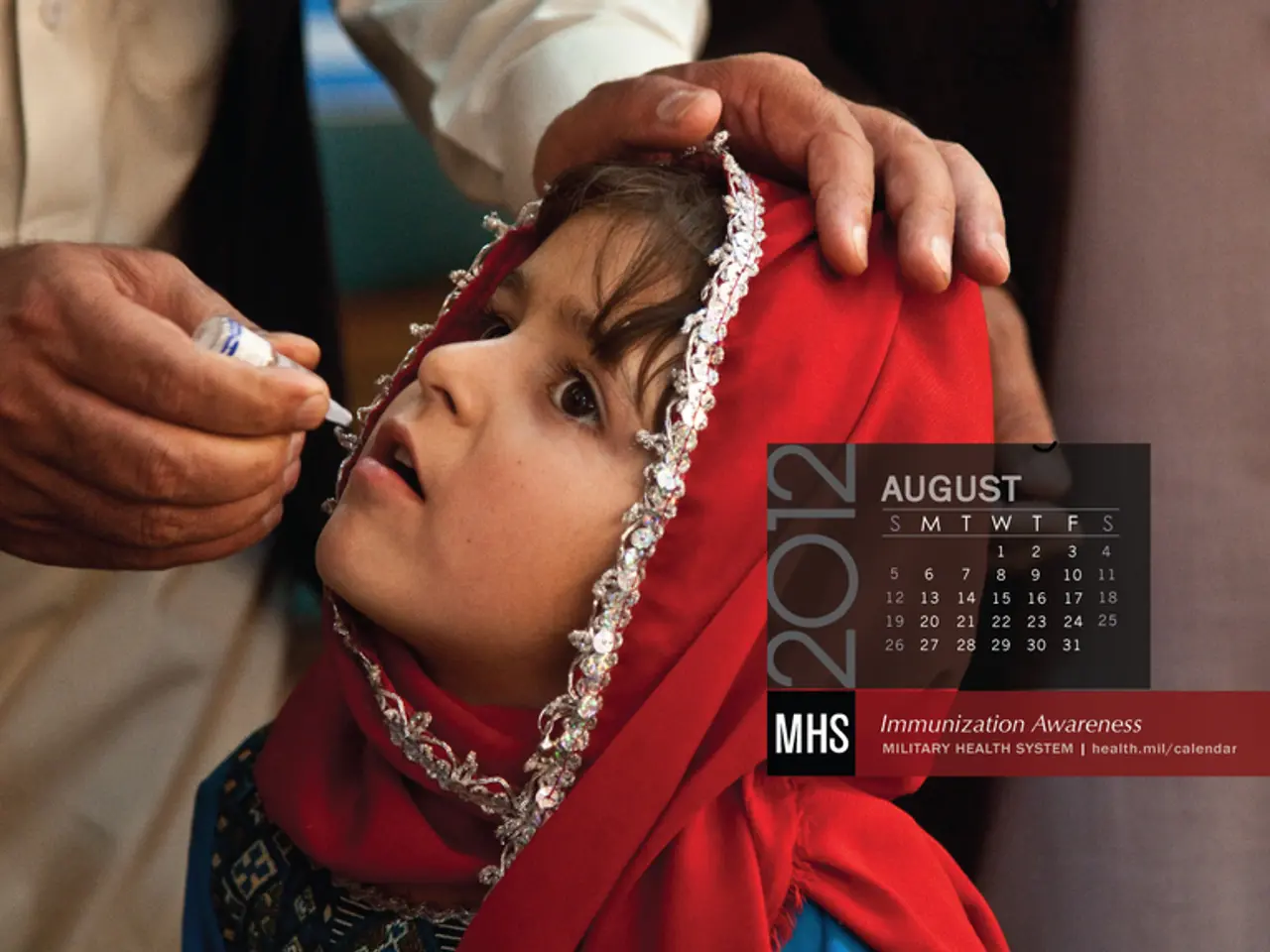Countering the Advancement of Airborne Infectious Viruses
Respiratory viruses, such as influenza, Respiratory Syncytial Virus (RSV), adenoviruses, and parainfluenza viruses, pose a significant threat to global health, causing annual deaths and health problems worldwide [1]. These viruses evolve through genetic changes, primarily through mechanisms known as antigenic drift and antigenic shift [2].
Antigenic Drift involves small, continuous mutations in the genes coding for viral surface proteins, subtly altering the virus's "appearance" to the immune system. This reduction in the effectiveness of prior immunity from infection or vaccination makes viruses like influenza capable of infecting people repeatedly [5].
Antigenic Shift, on the other hand, is a more radical change occurring when two different viruses co-infect the same cell and exchange genetic material, leading to pandemics since human populations have little to no immunity against these new strains [5].
For viruses like SARS-CoV-2 (COVID-19), intrahost viral evolution occurs especially in prolonged infections, where viral genetic diversity increases within the same patient, facilitating the emergence of new variants [3].
To develop effective defenses against new viral variations, several strategies are employed.
- Continuous Surveillance and Genetic Sequencing: Monitoring circulating virus strains globally enables early detection of emerging variants, improving vaccine strain selection and public health responses [1][3].
- Vaccine Updates and Design: Vaccines need to be regularly updated to match the most prevalent viral strains. Advanced immunological strategies, such as antibody-guided vaccine design, aim to enhance viral neutralization and protection by targeting conserved viral elements and improving efficacy against a broad range of variants [4].
- Widespread Vaccination and Public Health Measures: Maintaining high vaccine uptake and promoting hygiene reduce transmission and limit opportunities for viral evolution [2].
- Antiviral Treatments: Alongside vaccines, antiviral drugs help clear infections and reduce viral load, potentially limiting the emergence of new variants within hosts [2].
In addition to these measures, personal hygiene practices play a crucial role. Regular hand washing with soap and water for 20 seconds or using sanitizers with 60% alcohol removes dangerous microorganisms from hands [6]. Face masks stop respiratory droplets from spreading into the air and making other people sick [7]. During times of high virus transmission, mask use and social distancing become key steps to avoid infection.
A diet rich in vitamins and minerals, particularly vitamin C, vitamin D, and zinc, supports immune function [8]. Adequate sleep of 7-9 hours each night is critical for immune function as well [9]. Regular exercise improves circulation, reduces inflammation, and boosts the production of immune cells, all of which contribute to a stronger immune system [10].
Lastly, global surveillance, public health campaigns, and international cooperation are essential to managing the spread of respiratory viruses on a larger scale [1]. Scientists are making progress in developing RSV vaccines to protect newborn babies and senior adults from RSV infections [11]. Vaccines are a key component of defense against respiratory viruses, offering protection against severe symptoms and death [12].
References: [1] https://www.who.int/health-topics/respiratory-viruses#tab=tab_1 [2] https://www.who.int/publications/i/item/9789240016578 [3] https://www.ncbi.nlm.nih.gov/pmc/articles/PMC7318821/ [4] https://www.nature.com/articles/s41591-021-01261-0 [5] https://www.ncbi.nlm.nih.gov/books/NBK21582/ [6] https://www.who.int/gpsc/5may/Hand_hygiene_poster.pdf [7] https://www.who.int/emergencies/diseases/novel-coronavirus-2019/advice-for-public/when-and-how-to-use-masks [8] https://www.ncbi.nlm.nih.gov/pmc/articles/PMC2863047/ [9] https://www.ncbi.nlm.nih.gov/pmc/articles/PMC2802437/ [10] https://www.ncbi.nlm.nih.gov/pmc/articles/PMC2721484/ [11] https://www.who.int/news-room/fact-sheets/detail/rsv [12] https://www.who.int/immunization/diseases/immunization/en/
- A healthy lifestyle, including a balanced diet rich in vitamins C, D, and zinc, adequate sleep, and regular exercise, contributes to a stronger immune system, thereby helping the body recover from infections more effectively.
- Scientists are working on developing RSV vaccines as part of a larger effort to protect newborn babies and senior adults from the health problems caused by this respiratory virus.
- Maintaining high vaccine uptake and promoting hygiene practices like regular hand washing and the use of face masks limit opportunities for viral evolution and reduce the spread of respiratory viruses.
- While vaccines play a crucial role in defending against respiratory viruses, ongoing surveillance and genetic sequencing of circulating strains are essential for early detection of new variants and improving vaccine efficacy.
- Antiviral treatments can help clear infections and reduce the viral load, potentially delaying the emergence of new variants and preventing the severe symptoms and health complications associated with these viruses.




